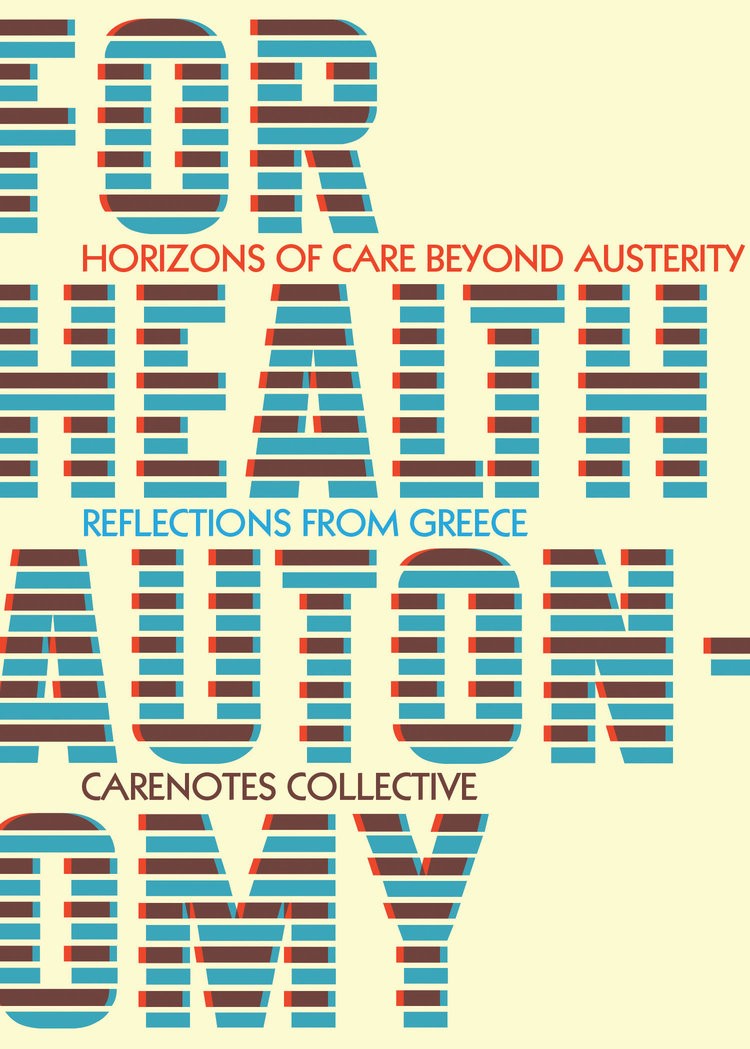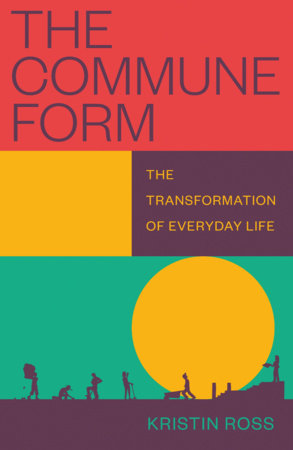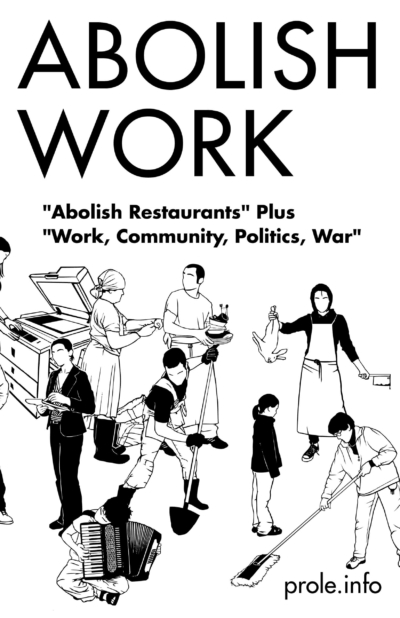For Health Autonomy: Horizons of Care Beyond Austerity – Reflections from Greece
£11.00
For Health Autonomy is a powerful collection of first-hand accounts of those who join together to build new possibilities of care and develop concrete alternatives based on the collective ability of communities and care workers to replace our dependency on police and prisons
Description
The present way of life is a war against our bodies. Nearly everywhere, we are caught in a crumbling health system that furthers our misery and subordination to the structural violence of capital and a state that only intensifies our general precarity. Can we build the capacity and necessary infrastructure to heal ourselves and transform the societal conditions that continue to mentally and physically harm us?
Amidst the perpetual crises of capitalism is a careful resistance—organized by medical professionals and community members, students and workers, citizens and migrants. For Health Autonomy: Horizons of Care Beyond Austerity—Reflections from Greece explores the landscape of care spaces coordinated by autonomous collectives in Greece. These projects operate in fierce resistance to austerity, state violence and abandonment, and the neoliberal structure of the healthcare industry that are failing people.
For Health Autonomy is a powerful collection of first-hand accounts of those who join together to build new possibilities of care and develop concrete alternatives based on the collective ability of communities and care workers to replace our dependency on police and prisons.
About CareNotes Collective
Intensifying inequality and violence have heightened the need to deepen our capacity to resist, offer concrete alternatives, and reproduce ourselves in the process. CareNotes Collective organizes directly on this terrain and seeks to record and amplify the experiences of those struggling for health autonomy in their own communities. Our challenge is to imagine how to expand these practices while defending our communities from the risks of cooption, state violence, and emotional trauma as well as financial domination.
Despite the continued violence of the state and private sector, efforts to protect our bodies and environment continue to emerge from those of us left with few other means of sustaining daily life. Yet those who are excluded from the basic right to housing, health, food, safe spaces, emotional wellbeing, and so many other needs, are vilified. Simultaneously, the efforts of care workers committed to our general well-being (educators, healthcare, farm workers, social workers, neighbors, mothers, autonomous networks) are also devalued in an endless restructuring of “crisis.” One strategy is recognizing the centrality of care workers—mothers, the elderly, the pathologized, migrants, LGBTQ+ communities, and autonomous networks—in creating sites of counterpower where we can collectively defend and care for one another while resisting the violence of capitalist life. Such collective care has the potential to liberate space and time, to transform workflows within and beyond traditional care spaces, and to link networks otherwise separated by wealth, race, expertise, and geography.
Additional information
| Weight | 0.129000 kg |
|---|





